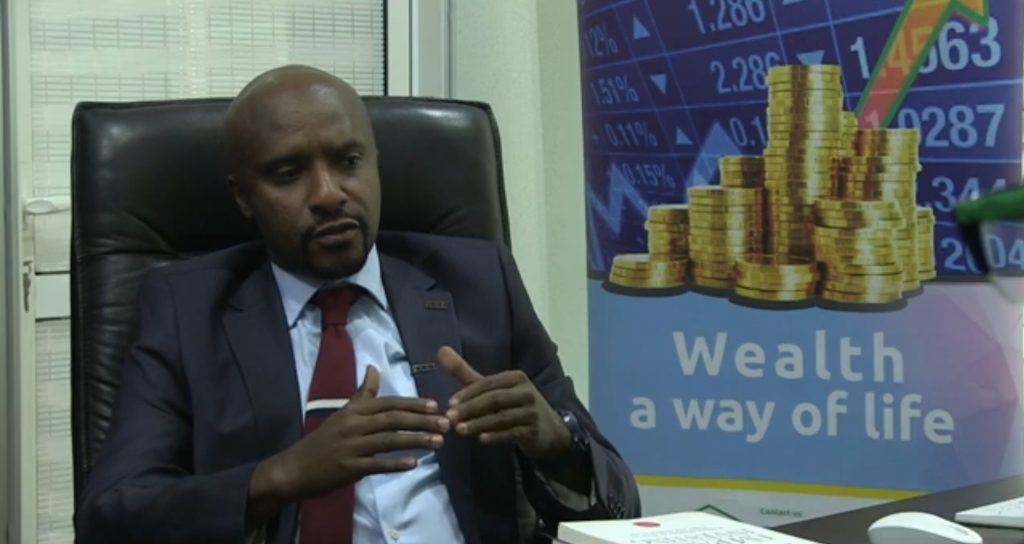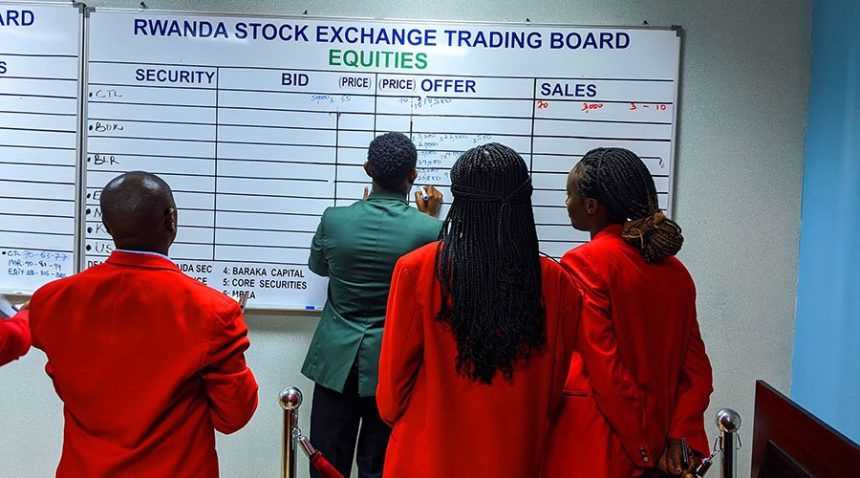For more than a decade, the Rwanda Stock Exchange (RSE) has been at the forefront of a transformative journey, dedicated to nurturing the country’s capital markets and advancing its economic landscape.
Established in 2008 with a clear mission articulated by Celestin Rwabukumba, the CEO of RSE, the exchange aimed to bolster the financial sector and facilitate long-term domestic finance while promoting savings through the capital market.
From its inception as a modest over-the-counter market lacking listed companies or stockbrokers, the RSE has undergone a remarkable evolution into a fully-fledged stock exchange.
Today, its achievements are impressive: a market capitalisation of US$3.6 billion, equivalent to 32% of Rwanda’s GDP, and total listed securities valued at nearly US$5 billion, constituting around 50% of the country’s economic output.
“At the heart of this growth are the 10 companies currently listed on the RSE – a diverse mix of 5 domestic firms and 5 regional players, including a cross-listing from South Africa’s healthcare sector,” Rwabukumba proudly emphasizes.
However, the RSE’s journey has not been without its share of challenges.
Initially aiming for an average of 2 new listings per year, the exchange has realized closer to 1 per year, aligning with trends observed in other African stock exchanges.
Factors such as limited financial literacy, low savings, company reluctance to go public have contributed to this slower-than-anticipated growth.
“As challenging as it may be, penetrating further is not solely our responsibility. Policymakers, regulators, and Rwandans themselves must undergo a mindset change,” Rwabukumba stresses, recognizing the need for a collective effort to address these obstacles.

Undeterred, the RSE remains committed to cultivating the domestic market and encouraging more Rwandan companies to list.
The government’s privatization policy through capital markets offers a promising avenue for expansion, while efforts to enhance local professional skills and financial services aim to support a growing pipeline of potential issuers.
Operating as a self-sustaining public utility, the RSE generates revenues from listings and trading, free from direct government funding.
With oversight from a board of directors appointed by shareholders, including the government, the exchange prioritizes accountability and transparency.
As Rwanda progresses on its development trajectory, the capital markets will and must play a pivotal role in mobilizing long-term domestic finance and fostering a robust savings culture.
Positioned at the forefront, the Rwanda Stock Exchange is poised to deepen and diversify the country’s financial landscape in the years ahead. In Rwabukumba’s words, “We could do better. And we’ll get there.”
In a significant development, effective May 1, 2024, Celestin Rwabukumba will assume the presidency of the African Securities Exchanges Association (ASEA), following the resignation of Thapelo Tsheole, CEO of the Botswana Stock Exchange (BSE).
Rwabukumba’s appointment marks a new chapter for ASEA, promising continued growth and collaboration within Africa’s securities exchanges landscape under his leadership.
This appointment underscores Rwanda’s prominence in the regional and international financial arena, showcasing its leadership and expertise.
It also reflects Rwanda’s commitment to fostering collaboration and integration within Africa’s financial markets, further solidifying its role as a driver of economic development and prosperity across the continent.








